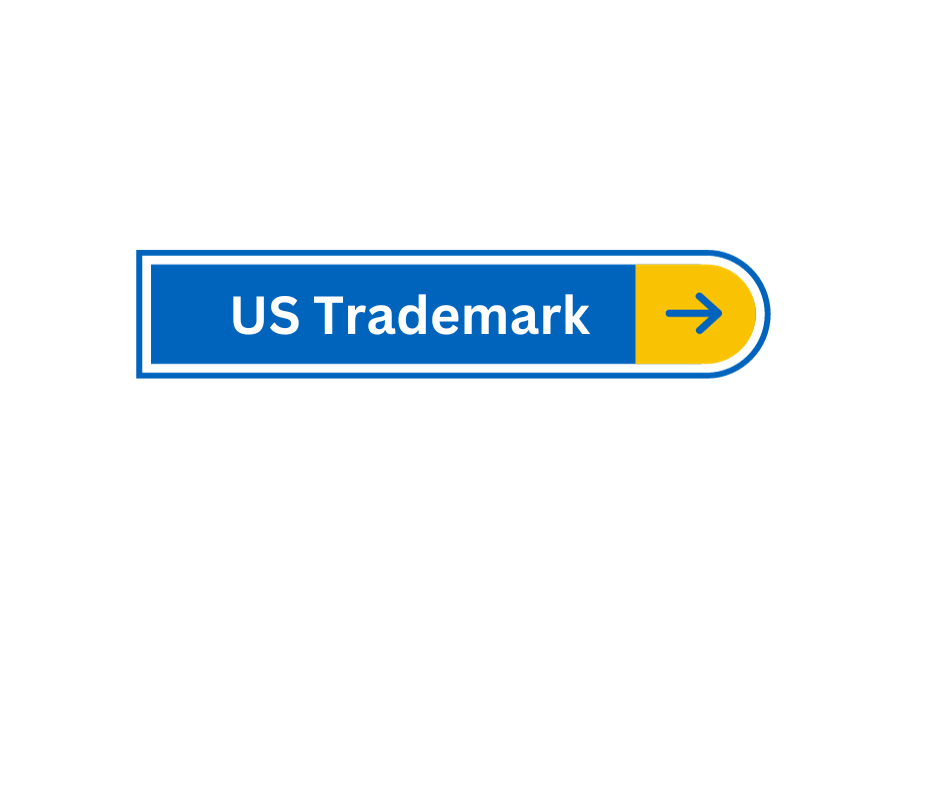Brand Protection in Pharmaceutical Sector: Zero Tolerance for Confusion

In The High Court of New Delhi in matter of “Mankind Pharma Limited v. Novakind Bio Sciences Private Limited”
Background
- MPL a leading pharmaceutical company in India with a well-known trademark MANKIND and KIND family of marks.
- NBS is a pharmaceutical company that uses the mark NOVAKIND BIO SCIENCES PRIVATE LIMITED and DEFZAKIND for its products.
- MPL alleged that NBS’s use of these marks infringes its registered trademarks.
- The Delhi High Court granted an ex parte ad interim injunction in favor of MPL restraining NBS from using the “KIND” suffix for its products.
- NBS is contesting the injunction order.
Legal Issues
The main legal issue in this case is whether NBS’s use of the term KIND in its trademark NOVAKIND BIO SCIENCES PRIVATE LIMITED infringes MPL’s registered trademark MANKIND. To determine this, the court will consider the following factors:
- Whether the two trademarks are deceptively similar;
- Whether the goods covered by the two trademarks are identical or similar;
- Whether there is a likelihood of confusion among consumers; and
- Whether the Defendant intended to pass off its goods as those of the Plaintiff.
Defendants’ Arguments
- The term “KIND” is not a registered mark, so MPL cannot claim exclusivity over its use.
- The Defendants are using the mark “NOVAKIND” as their corporate name, not as a trademark.
- Section 29(5) of the Trademarks Act, 1999, prohibits the registration of trademarks that are identical or deceptively similar to a person’s name or surname. Since the Defendants’ corporate name is “Novakind Bio Sciences Private Limited”, they cannot be held liable for trademark infringement.
- The Drugs and Cosmetics Act, 1940, requires the name and address of the manufacturer of pharmaceutical preparations to be mentioned on the product packaging.
- The Defendants’ pharmaceutical products are sold and prescribed under the brand name, not under the name of the manufacturer. This further reduces the risk of confusion.

Plaintiff’s Arguments
- The Defendants’ mark “NOVAKIND BIO SCIENCES PRIVATE LIMITED” is prominently displayed on their pharmaceutical products, indicating that it is their registered trademark.
- This prominent placement of “NOVAKIND BIO SCIENCES PRIVATE LIMITED” on their pharmaceutical products as a source identifier suggests an intent to benefit from the plaintiff’s “KIND” trademark reputation. This could mislead consumers about the product’s origin, potentially leading to confusion where consumers may mistake the defendants’ products for the plaintiff’s, constituting trademark infringement.
Court Findings
In the case of Mankind Pharma Ltd. v. Novakind Bio Sciences Private Limited, the Delhi High Court held that the defendant’s use of the trademark “NOVAKIND” for pharmaceutical preparations infringed the plaintiff’s registered trademark “MANKIND.”
The court found the marks to be deceptively similar due to the presence of the suffix “KIND.” The court also found that the plaintiff had a dominant feature in the suffix “KIND” for its pharmaceutical products.
The court rejected the defendant’s argument that its use of the trademark “NOVAKIND” was protected by Section 29(5) of the Trade Marks Act, 1999. The court held that Section 29(5) only applies when a registered trademark is used as part of a corporate name. The court found that the defendant was using the trademark “NOVAKIND” as a trademark, not as part of its corporate name.
The court also found that the defendant’s use of the trademark “NOVAKIND” on its pharmaceutical products packaging amounted to “use of the mark” within the meaning of the Act.
The court applied the test of deceptive similarity and found that there was a likelihood of confusion in the minds of consumers. The court noted that many consumers are poor and cannot afford the services of upmarket physicians. These consumers often visit clinics where doctors prescribe medicines based on their manufacturer. The court held that there was a risk that these consumers could be confused into believing that the defendant’s products were those of the plaintiff, due to the common suffix “KIND.”
The court made absolute the interim injunction order against the defendant from manufacturing medicines using the suffix “KIND” until the final disposal of the trademark infringement suit.


